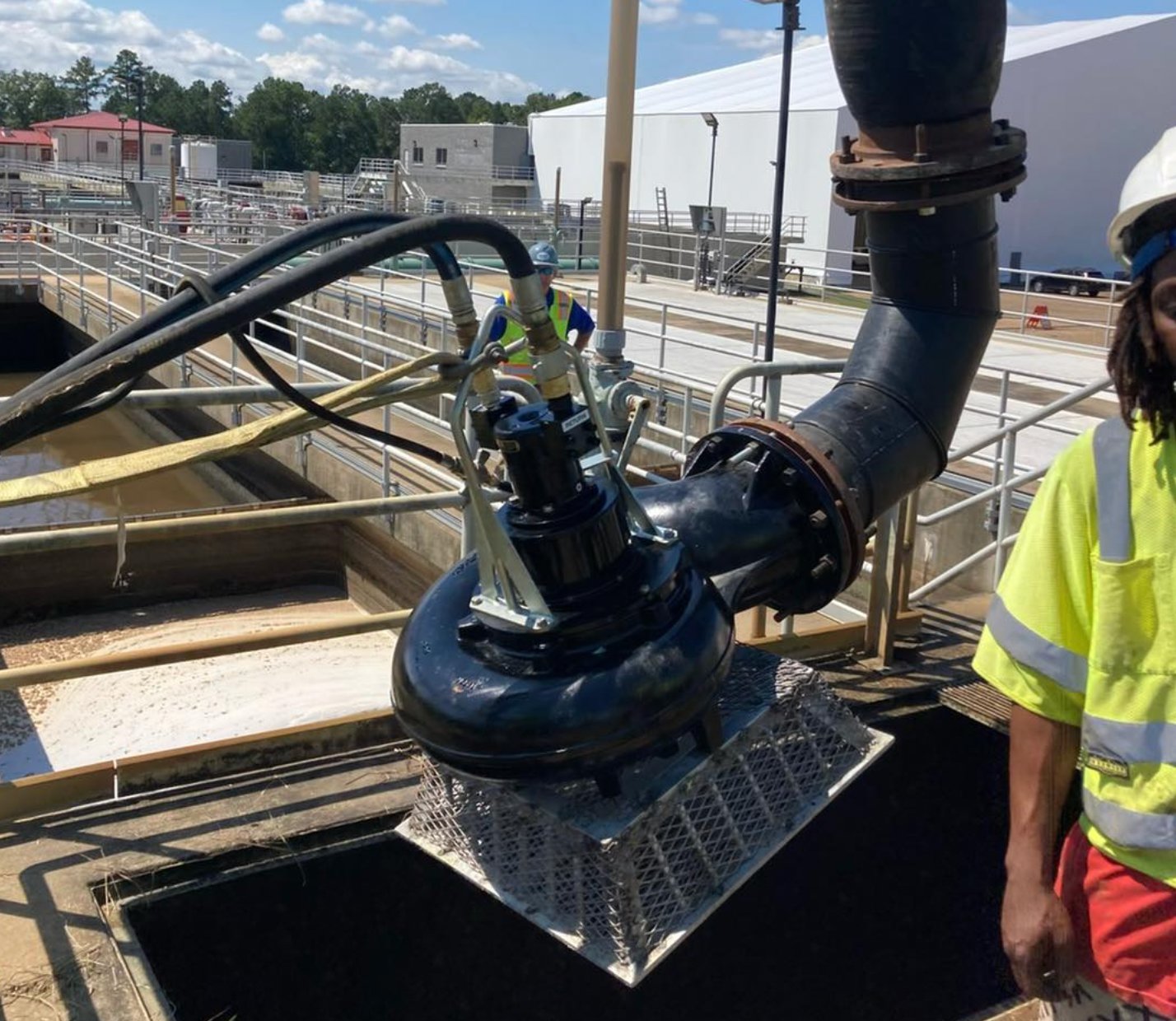RENO/Politics of Jackson water should end
Metro commission would create a buy-in from suburban municipalities
In 1998, when I was a new member of the Jackson City Council representing Ward 6, the City of Jackson received orders from the Mississippi Department of Environmental Quality directing the city to address the long-standing inadequacies of its water and sewer system. The state’s orders, which came with hard deadlines for action, addressed a myriad of issues. To name a few, the Savannah Street treatment plant was discharging untreated waste and odor, the Fewell water-treatment plant was leaking waste into the Pearl River (a violation of the federal Clean Water Act), and broken sewage lines were leaking due to massive infiltration and inflow.
Even then, the overwhelming cost of making these improvements was more than the Jackson city budget or bonding capacity could handle. Back then, a few of us on the city council realized as much and proposed a new plan to establish a Metro Water Sewer Commission. Our plan fell on deaf ears with the rest of city leadership. Years later, the city still lacks a comprehensive plan to address the water crisis, the cost is still insurmountable for the city alone, and the situation has only become more deplorable.
State intervention to bring the O.B. Curtis Water Plant back online and produce potable water after the torrential rains is important—but it is only a band-aid; it is not the solution that has long been needed to modernize and grow the Jackson water system towards a sustainable future. Jackson needs a better plan than just sticking its head in the sand, waiting on bailouts and solutions from the state and federal government that might or might not ever come.
State and city officials should consider the idea of using Mississippi legislative authority to create a new operations and governance structure, the Metro Water Sewer Commission, in which all city and suburb water and sewer assets currently serviced by the Jackson Public Works Department are transferred to the Commission for them to manage. Commissioners would be appointed—not elected—from each of the cities and surrounding areas that rely on the Jackson Water System. Commissioners would represent the interests of businesses, citizens, and stakeholders from their respective geographic area. The Governor could also appoint Commissioners to represent the large footprint of state government which relies on the water and sewer services in and around Jackson.
A legislatively created Metro Water Sewer Commission could remove much of the politically charged nature of water sewer rate restructuring and create buy-in from the suburban municipalities who would have a voice on management of the system and improvements to the infrastructure. As a bonus for transferring all City water and sewer assets to this new, state-formed Commission, Mississippi leaders may consider investing state and federal dollars in infrastructure and renovation costs to be managed under this improved governance structure.
There is a win here for the 250,000 people who depend on the Jackson water system to operate their businesses, hospitals, nursing homes, public schools, universities, and residences. But to win it will require both local and state leaders to think outside the box and create something new to shift and reform the failed water sewer paradigm—as opposed to operating as we did 100 years ago when the system was in good condition, having then been more recently built.
Mayor Lumumba and the surrounding Mayors should convene with Governor Reeves, Lieutenant Governor Hosemann, and Speaker Gunn to develop a modern Commission plan that all can live with and resolve to enact such a plan as an emergency item in a Special Legislative Session. Only then can Jackson and the surrounding communities move from band-aids to holistically treating the water sewer crisis in which we are all suffering.
Chip Reno of Jackson represented Ward 6 as a Jackson City Council member from 1997-2001.




